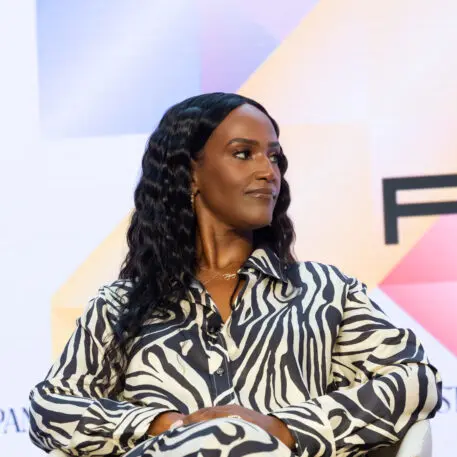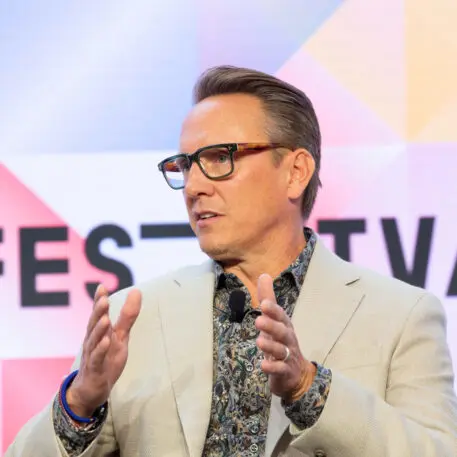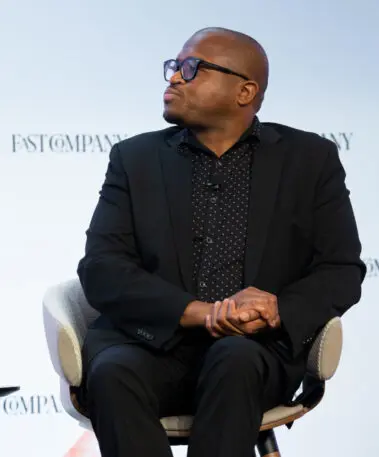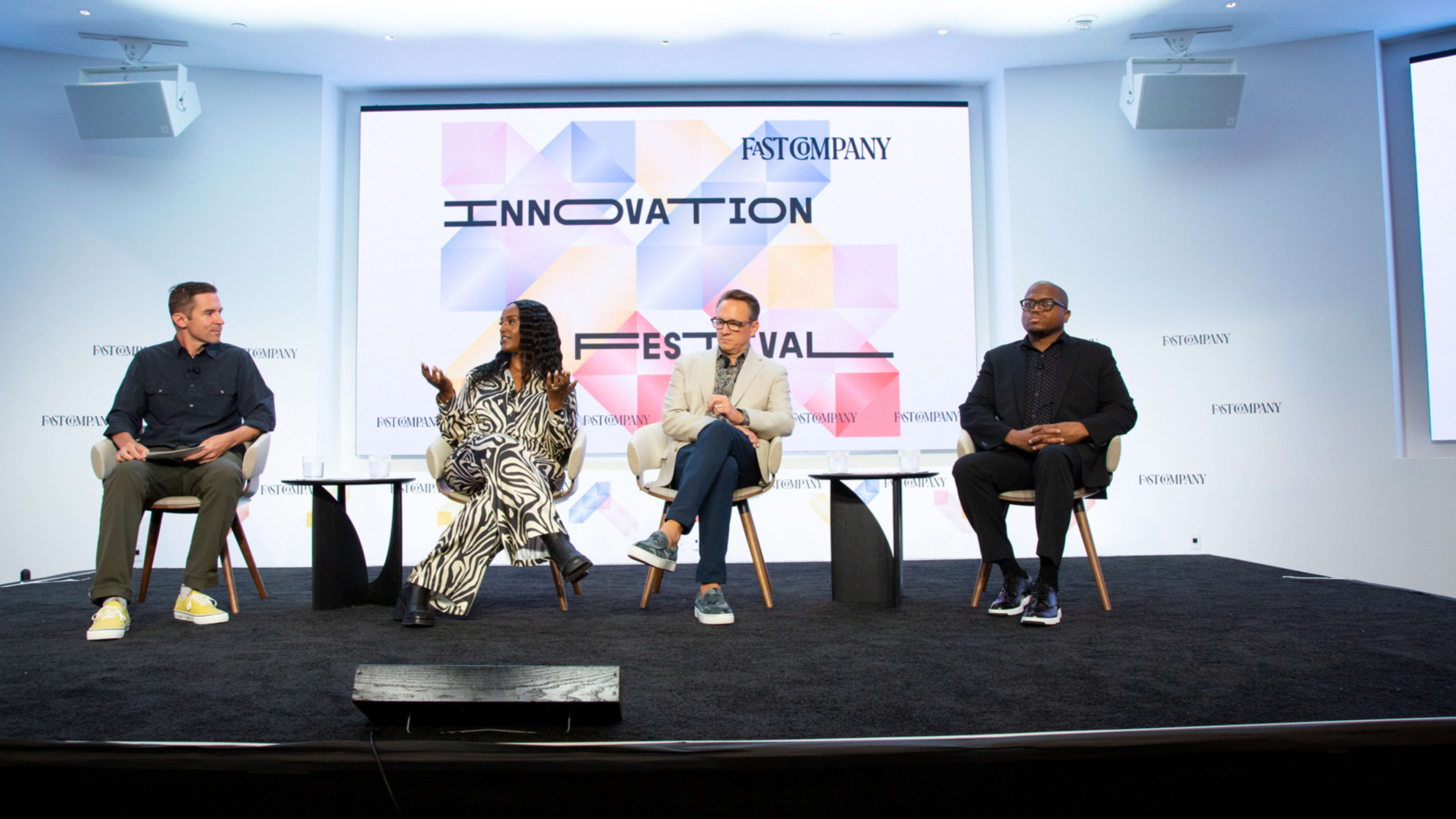Pan Am, Kodak, Tower Records. All once iconic brands that have long since lost their luster.
So how do companies and organizations make sure their names aren’t only mentioned as a relic of the past? How do heritage brands stay relevant?
That was the question at the heart of a panel on Wednesday at the Fast Company Innovation Festival. And while the three panelists came from remarkably different backgrounds, they all had a similar answer: You have to build community.

Motown Records has a rich history: Founded by Berry Gordy in Detroit in 1959, it was iconic through the ’60s and ’70s, but Habtemariam said it’s been important for the brand to keep evolving so it’s known not just for music from that era. When Habtemariam joined the company in 2014, the leaders were asking themselves how they could make “Motown a platform for entrepreneurs today,” she said. Some of that was accomplished through partnerships with other labels. But she said it’s also been about giving artists new ways to be storytellers—and providing them with education so they can be even more engaged in the issues most important to their communities.
In an entirely different realm is the J.M. Smucker Company—perhaps best known for jam, but whose product line also encompasses a wide range, from Jif and Folgers to Meow Mix. Founded in 1897, the brand has had to evolve in order to stay relevant to what consumers want today. That has meant doing things like updating slogans (Jif went from “Choosy moms choose Jif” to “That Jif’ing good”) and partnering with celebrities at the forefront of culture (a recent campaign featured Ludicris, a professed lover of the peanut butter). “Brands create emotion,” said Mark Smucker, president and CEO of the J.M. Smucker Company. “The products and brands we sell should help consumers be delighted.”


He referenced the current water crisis in Jackson, Mississippi, and how systemic issues like that are rooted in racism and have a disproportionate impact on Black communities. “When you think about our brand, if we are not standing in the gap for those community members and doing that type of advocacy, we’re losing out on who we really are as an organization,” he said.
Watkins also took the opportunity to call out brands for their empty promises on inclusion—for doing things like announcing a massive spend on racial equity and then using it on a marketing campaign targeted at Black audiences. “If you’re going to invest in this notion of centering communities and centering people, the investments have to be real.”
Recognize your brand’s excellence by applying to this year’s Brands That Matter Awards before the early-rate deadline, May 3.
